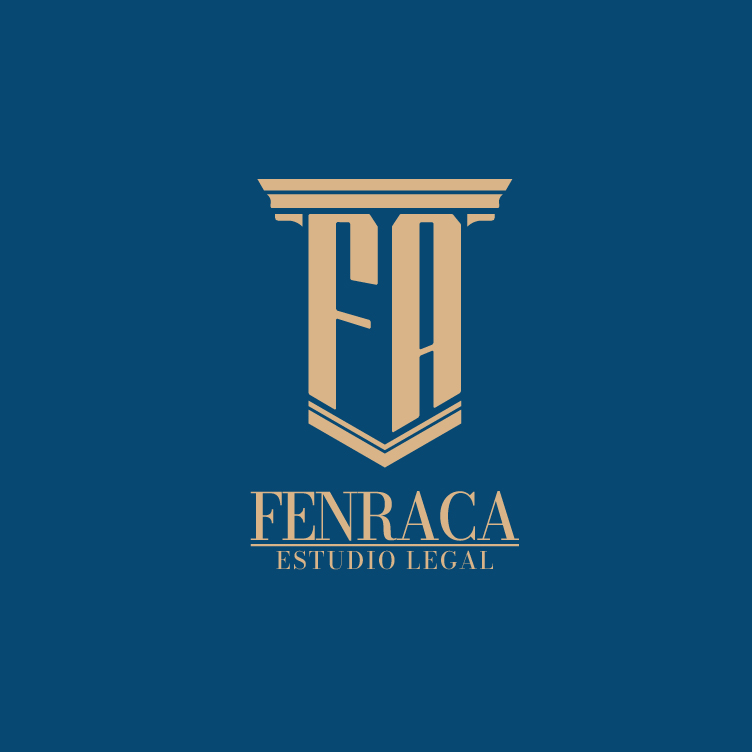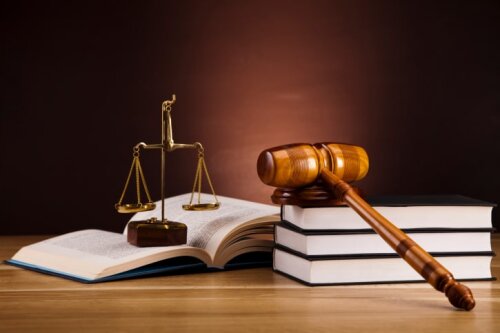Best Elder Abuse Law Lawyers in Dominican Republic
Share your needs with us, get contacted by law firms.
Free. Takes 2 min.
Or refine your search by selecting a city:
List of the best lawyers in Dominican Republic
About Elder Abuse Law in the Dominican Republic
Elder abuse law in the Dominican Republic is part of broader protection legislation aimed at safeguarding the rights and well-being of the elderly population. These laws are designed to provide security, justice, and dignified treatment to elders who are an integral part of society. The legal framework encompasses various forms of abuse, including physical, emotional, financial, and neglect, ensuring that seniors are protected from harm and have access to legal resources if needed.
Why You May Need a Lawyer
There are several situations where individuals may require legal assistance concerning elder abuse law in the Dominican Republic. These include cases where there is physical or emotional abuse of an elderly person within a family or care setting, instances of financial exploitation such as fraud or undue influence to alter wills or property deeds, or situations where neglect by caregivers results in harm to the elder. Legal help may also be necessary when an elder's rights need to be asserted formally in legal proceedings or when navigating the complexities of the Dominican legal system to seek justice or protective measures.
Local Laws Overview
The Dominican Republic's legal system addresses elder abuse under several statutes that aim to preserve the dignity and rights of elderly individuals. Key aspects include laws that define elder abuse broadly, encompassing physical, emotional, financial, and neglectful actions. The legislation provides for protective orders, mechanisms for reporting abuse, and legal remedies available to victims and their families. Additionally, there are government initiatives focused on elder care that promote awareness and the necessary legal frameworks to protect elder rights.
Frequently Asked Questions
What constitutes elder abuse in the Dominican Republic?
Elder abuse encompasses physical harm, emotional distress, financial exploitation, and neglect by caregivers or family members.
How can I report elder abuse?
Reports can be made to local law enforcement authorities or social services agencies specialized in handling elder abuse cases.
Are there protective measures available for victims of elder abuse?
Yes, the law provides for protective measures such as restraining orders and removal of the abuser from the elder's home.
What legal actions can be taken against an abuser?
Legal actions may include criminal charges, civil suits for damages, and requesting legal sanctions such as fines or imprisonment for the abuser.
Is there financial aid available for elderly abuse victims?
There may be financial support through state programs aimed at assisting abused elders, subject to eligibility criteria.
How long do legal proceedings typically take?
The timeline for legal proceedings can vary, but it is essential to act quickly to ensure the safety of the elder involved.
Do elder abuse laws apply to nursing homes?
Yes, these laws apply equally to residential care facilities, and staff members can be held accountable for abuse or neglect.
Can a family member be charged with elder abuse?
Yes, family members can be prosecuted if they are found guilty of abusing or neglecting an elderly relative.
What rights do elderly individuals have under Dominican law?
Elders have the right to protection, dignity, and fair treatment under the law, with specific legal provisions aimed at securing their rights.
Can elder abuse cases be settled outside of court?
While some cases may be resolved through mediation or agreement, it is often necessary to involve the legal system to ensure justice and protection.
Additional Resources
Individuals seeking assistance can contact local government bodies such as the National Council for the Aging (CONAPE) for support and guidance on elder abuse. Additionally, there are non-profit organizations that specialize in elder rights advocacy, providing crucial resources and assistance to abused seniors and their families.
Next Steps
If you or someone you know needs legal assistance in matters of elder abuse law, it is crucial to act without delay. Consider consulting with a legal professional who specializes in elder rights to understand the specific legal options available. Gather all relevant documentation and evidence of abuse to support your case. It's also advisable to contact local authorities if immediate protective measures are necessary to ensure the elder's safety. By taking informed and timely action, you can help secure the justice and protection deserved by elder abuse victims.
Lawzana helps you find the best lawyers and law firms in Dominican Republic through a curated and pre-screened list of qualified legal professionals. Our platform offers rankings and detailed profiles of attorneys and law firms, allowing you to compare based on practice areas, including Elder Abuse Law, experience, and client feedback.
Each profile includes a description of the firm's areas of practice, client reviews, team members and partners, year of establishment, spoken languages, office locations, contact information, social media presence, and any published articles or resources. Most firms on our platform speak English and are experienced in both local and international legal matters.
Get a quote from top-rated law firms in Dominican Republic — quickly, securely, and without unnecessary hassle.
Disclaimer:
The information provided on this page is for general informational purposes only and does not constitute legal advice. While we strive to ensure the accuracy and relevance of the content, legal information may change over time, and interpretations of the law can vary. You should always consult with a qualified legal professional for advice specific to your situation.
We disclaim all liability for actions taken or not taken based on the content of this page. If you believe any information is incorrect or outdated, please contact us, and we will review and update it where appropriate.
Browse elder abuse law law firms by city in Dominican Republic
Refine your search by selecting a city.














